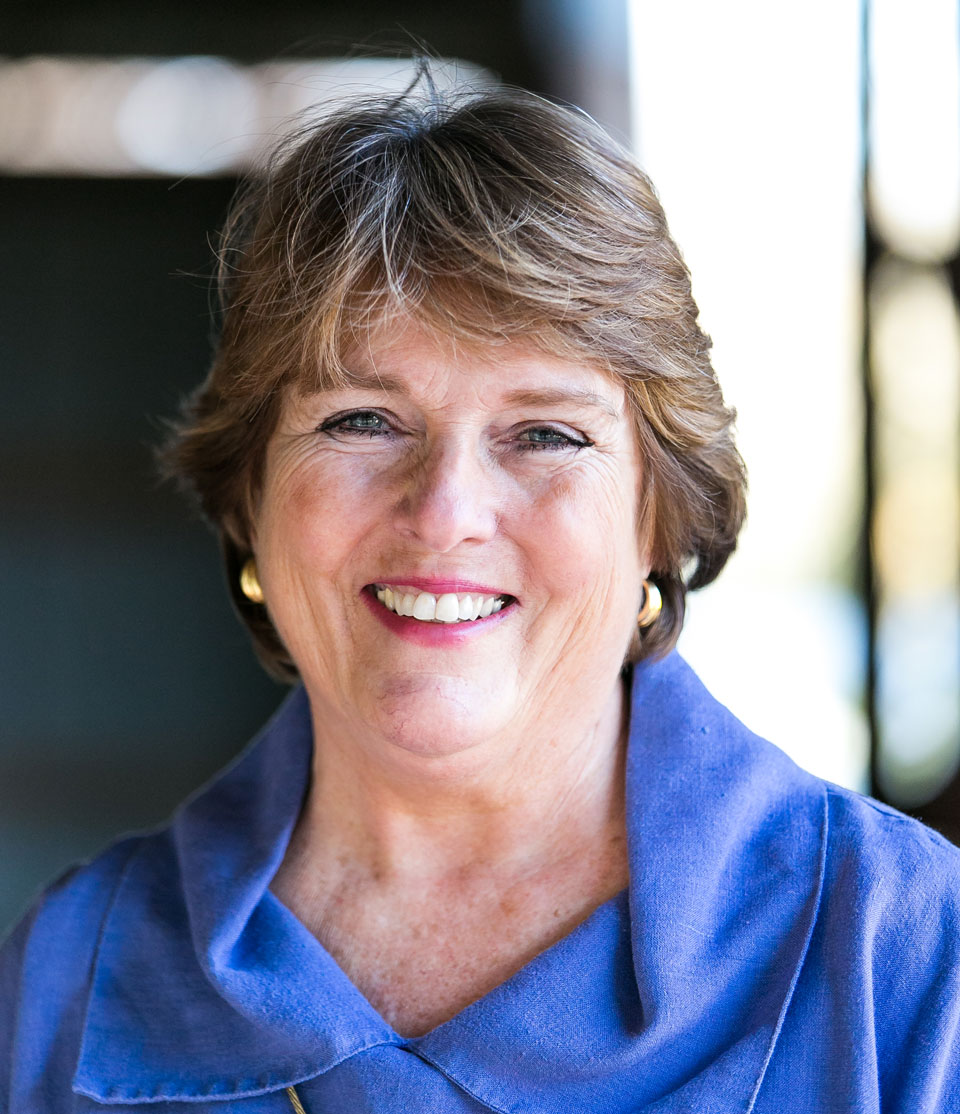Thursday, 6 March 2014 - 12:56pm
On March 4, 2014, President Barack Obama released his proposed 2015 fiscal year budget. He chose to be in a public school that morning for the announcement, making it clear that he expects access, inclusion and equity in education as highest priorities in non-defense spending.
That afternoon, we (Greg and Cindi) attended the Department of Education's budget briefing presented by Arne Duncan, Secretary of Education. The tone of this briefing was positive. There was evidence of steady progress on the education agenda for our country.
We want to share what we heard as commitments and the implications for our work as student affairs professionals. The Secretary and President confirmed that the education agenda is a call to action for all educators who want to advance “equitable policies and practices that challenge and transform” [i]the lives of students and those who advocate for them socially, politically, culturally and economically.
The proposed budget highlighted the following items for higher education.
The Administration is requesting $68.6 billion in discretionary appropriations for the Department of Education in 2015, an increase of $1.3 billion, or 1.9% more than the 2014 level and almost $3 billion more than in 2013. In a time when deep reductions are hitting every line item, the President is seeking an increase and focus on six priorities:
- increasing equity and opportunity for all students
- strengthening support for teachers and school leaders
- expanding high-quality preschool programs
- affordability and quality in post-secondary education
- promoting educational innovation and improvement
- improving school safety and climate
Overall, the 2015 budget includes both discretionary and mandatory funding that would make available $142.8 billion in new grants, loans, and work-study assistance — an increase of $545.1 billion, or 46 percent, over the amount available in 2008 — to help an estimated 12.8 million students and their families pay for college.
Key proposals were:
- Expanding and Improving the PAYE Repayment Plan (pay as you earn)
- Improving the Pell Grant Program (maximum $5,830). The average grant is $3,826
- Reforming campus based aid (690,000 work study students with average awards of $1,678)
- Reforming and expanding the Perkins Loan program
- College Opportunity and Graduation Bonus ($7 billion)
- College Success Grants for Minority-serving institutions
In addition, while TRIO Funding has come under attack from members of the House in previous years, this budget request keeps the total at $838.3 million with Veterans Upward Bound seeing an increase and Student Support Services (SSS) programs remaining level.
This budget proposal affirms what we know to be true about success for our students:
- They need to know that they can fund higher education without carrying a debt burden beyond reasonable expectations for repayment.
- Once they commit to a program, they need to build strong connections on campuses, be held to high expectations, have instructors who are committed to their achievement and be intensively engaged in the academic experience, both in and out of the classroom.[ii]
It has never been more important to be fully informed and ready to advocate for students and these improved financial pathways to college for them. It is time to proactively build up our campus communities so that every professional of every type contributes to a rich and diverse academic experience. We embrace Kay McClenney’s description of cultural evolution on campuses of the future—where we encourage everyone—maintenance and cafeteria workers, secretaries and instructors to connect personally with students.[iii]
We are really looking forward to being with our colleagues who know how to catalyze and support these critical relationships. Come refresh, renew and reinvent with us at the ACPA 2014 Convention in Indianapolis March 30-April 2.
Thank you!
 Gregory Roberts
Gregory Roberts
 Cindi Love
Cindi Love
[i][i] Osei-Kofi, N. (2011). Beyond Awareness: Student affairs educators as social justice advocates. In Peter M. Magolda and Marcia B. Baxter Magolda (Eds.), Contested Issues in Student Affairs: Diverse Perspectives and Respectful Dialogue (p.87). Sterling, VA: Stylus Publishing, LLC.
[iii]Mangan, K. (2014). Minority men struggle to achieve at community colleges. Chronicle of Higher Education, March 7, 2014, p. A8.
